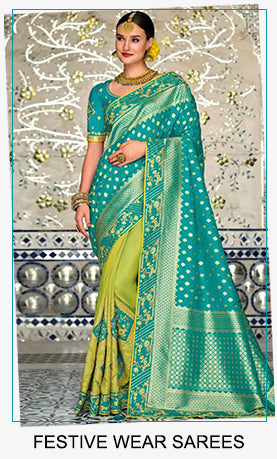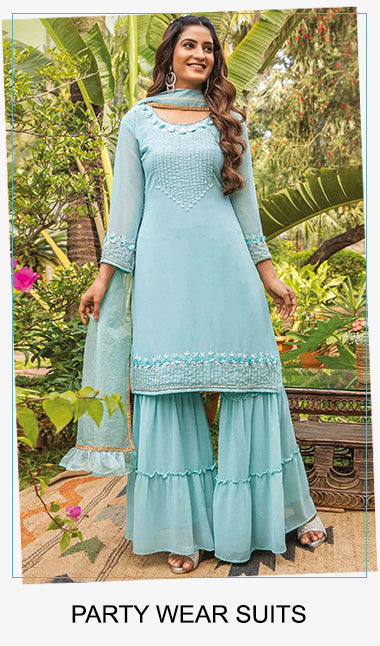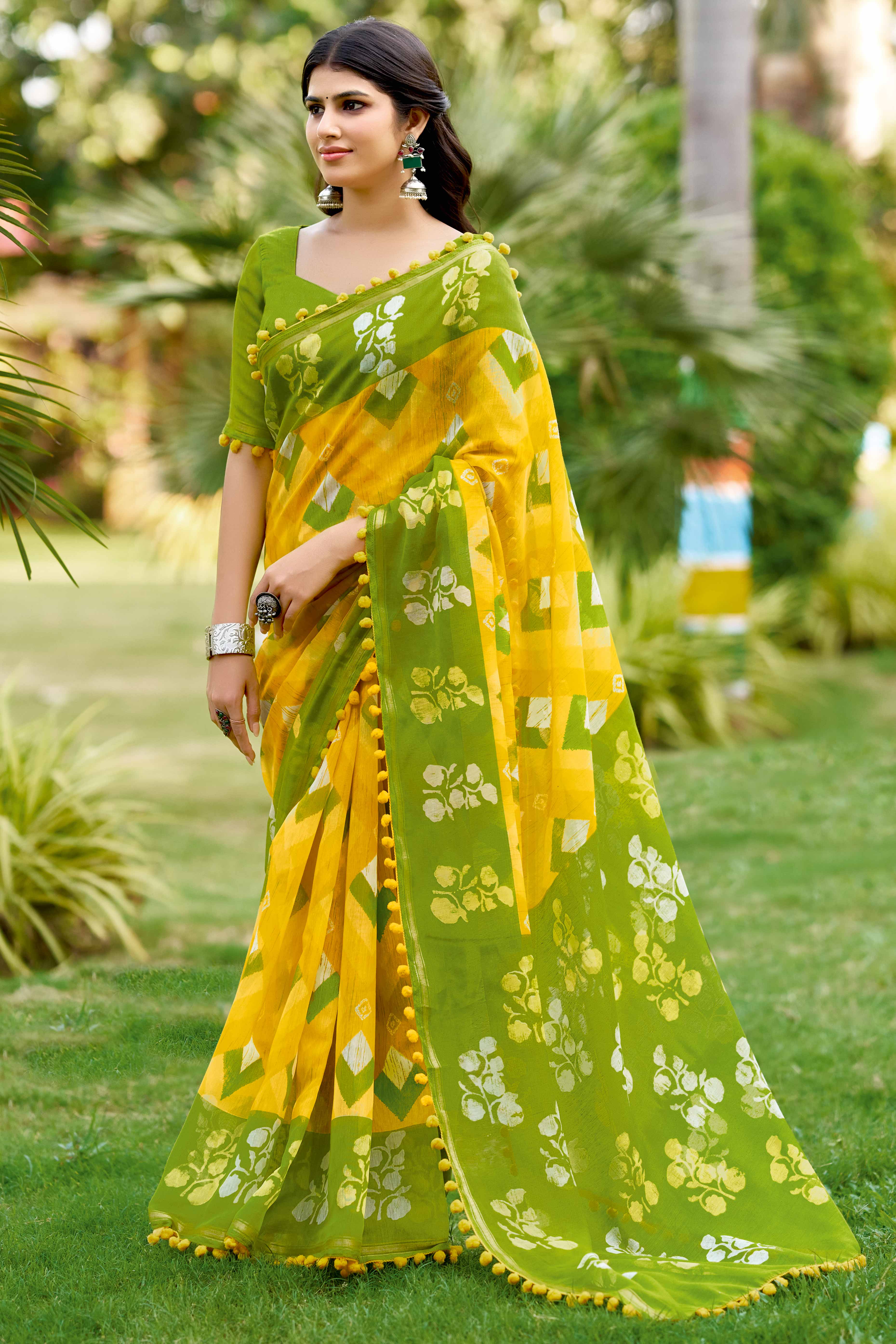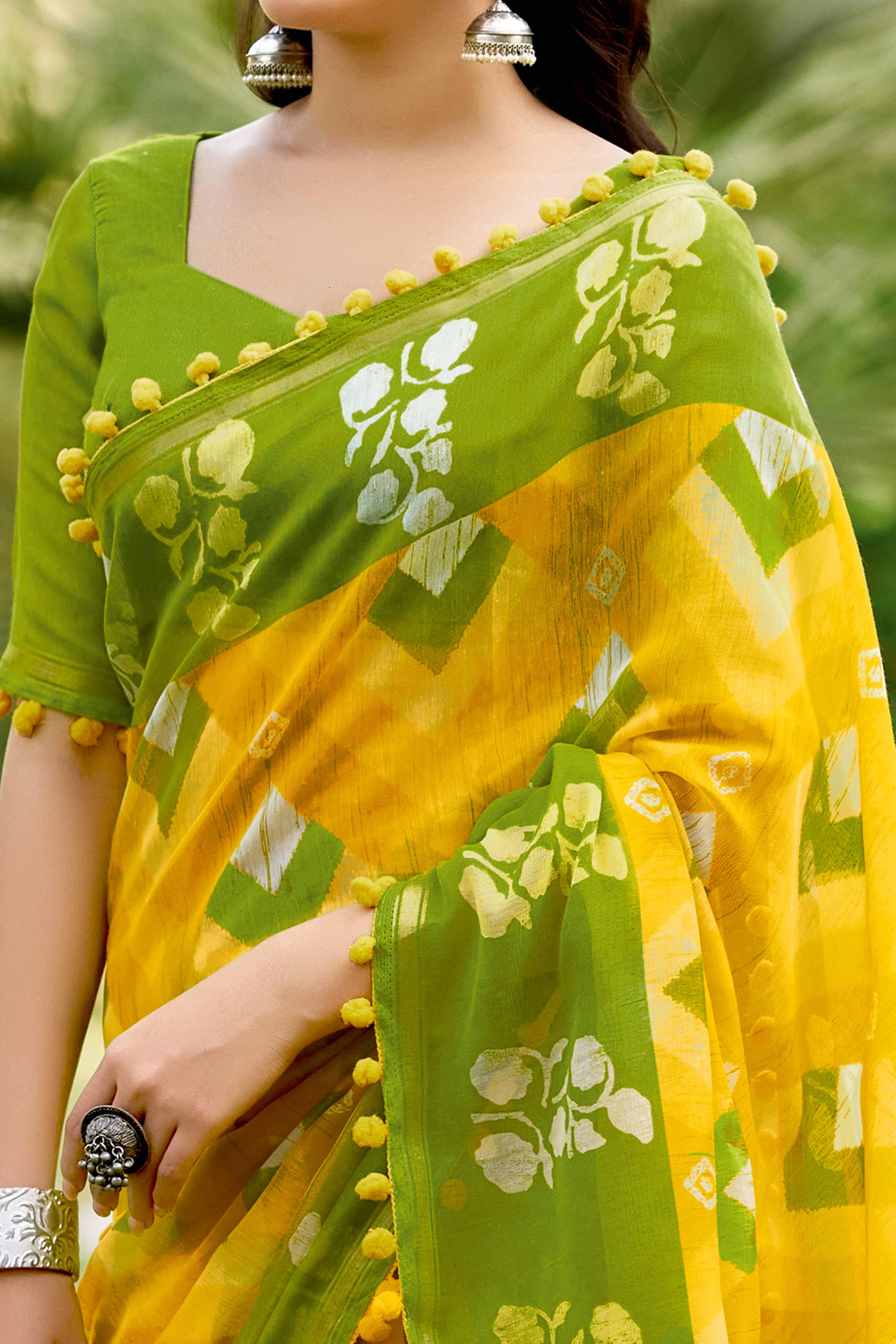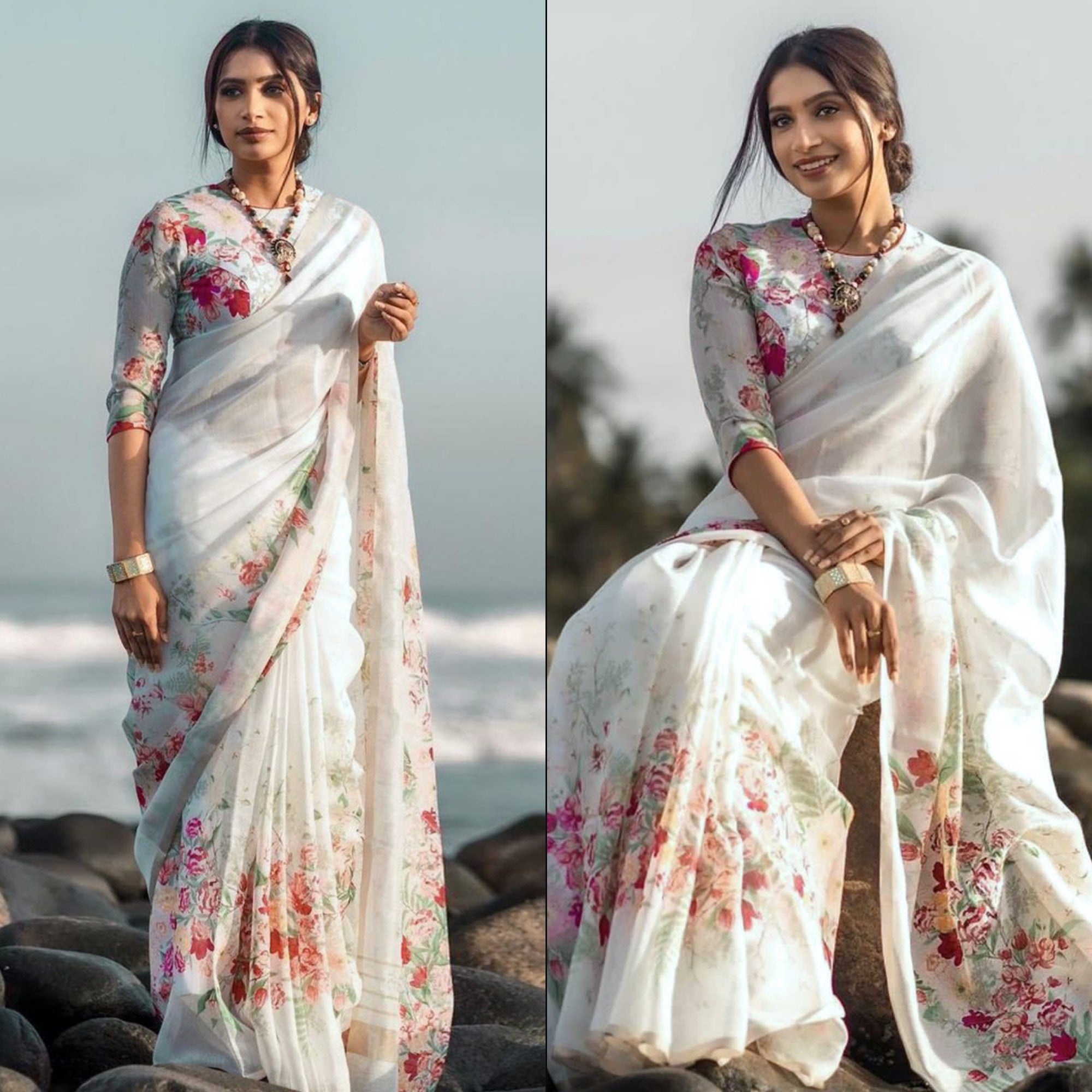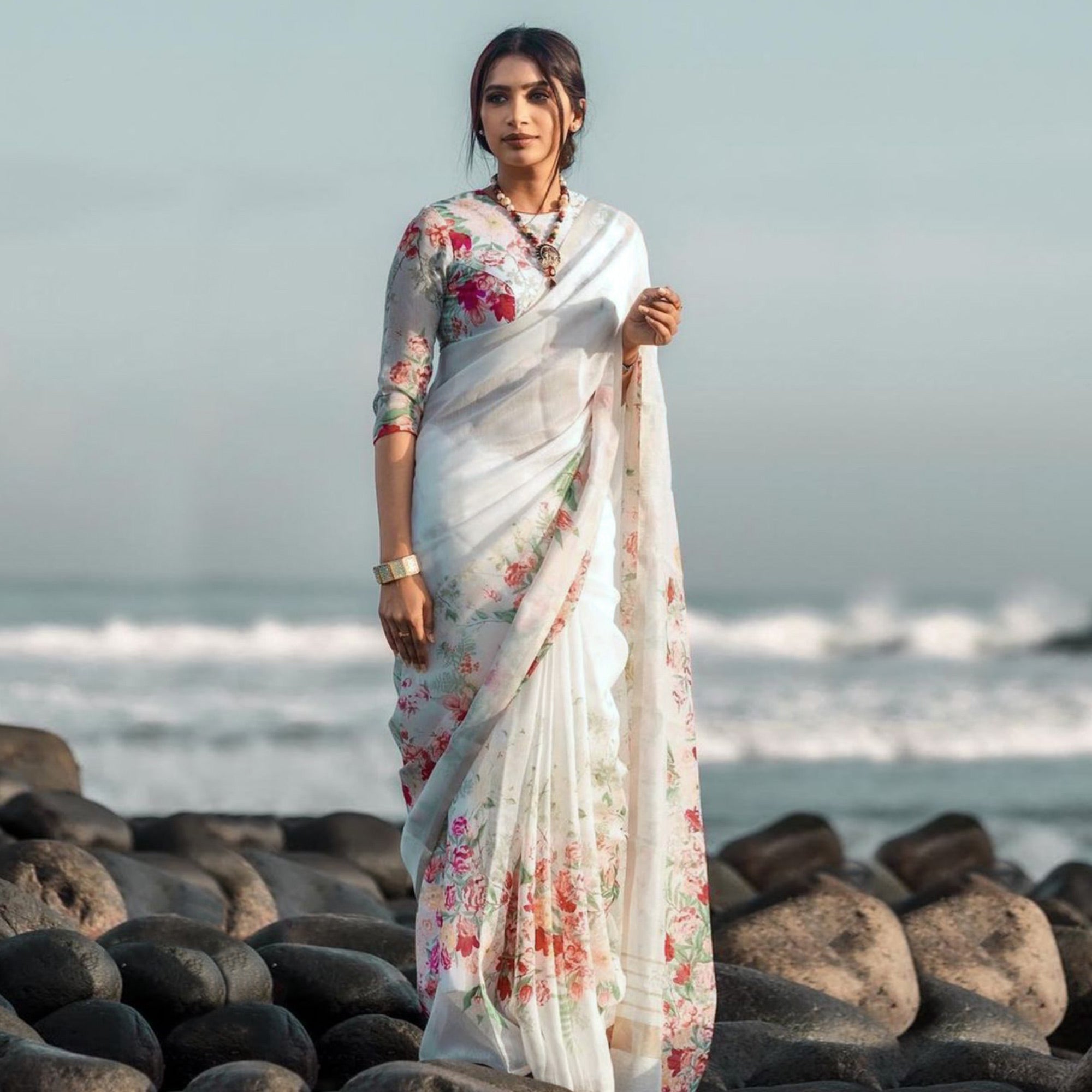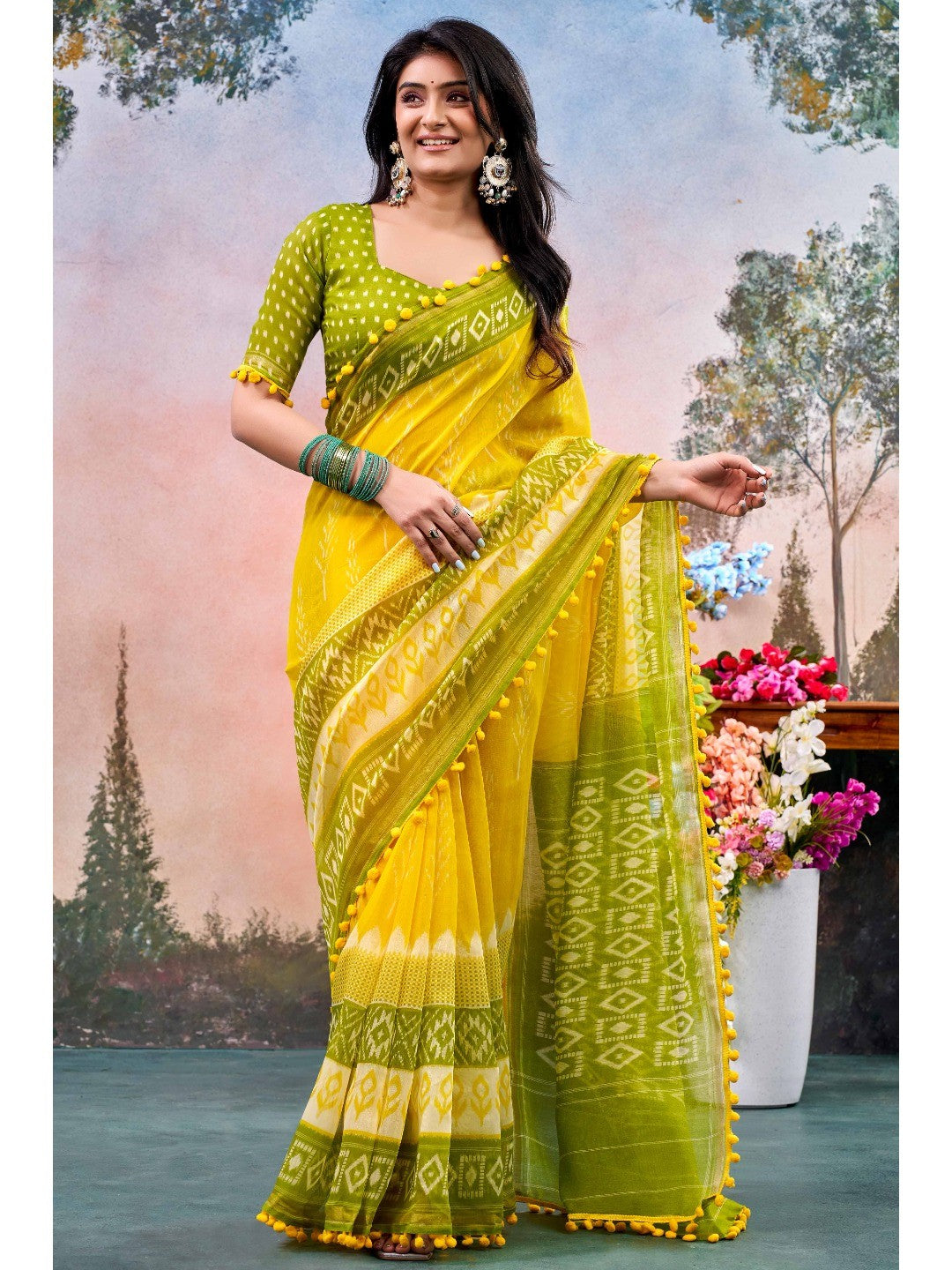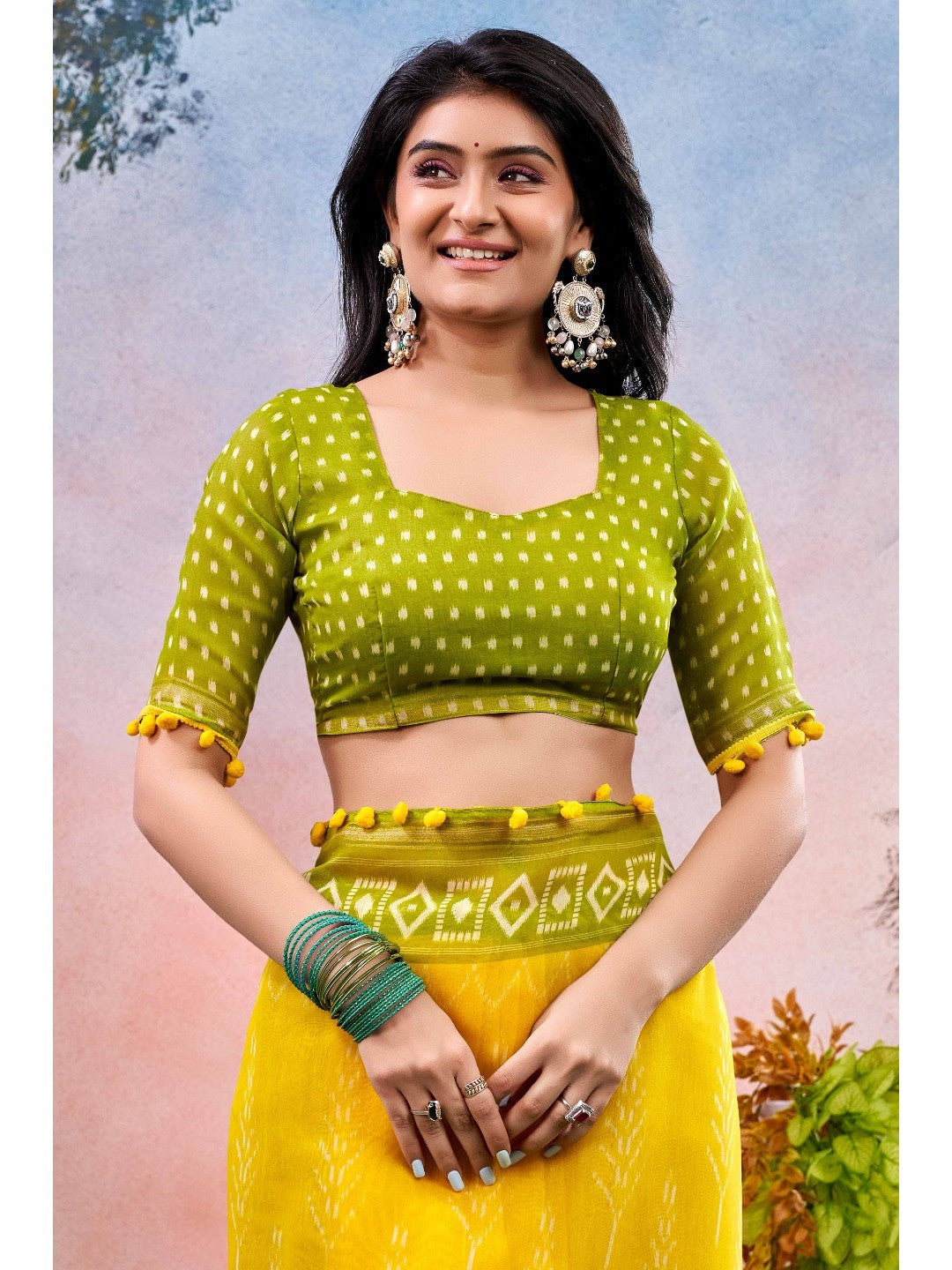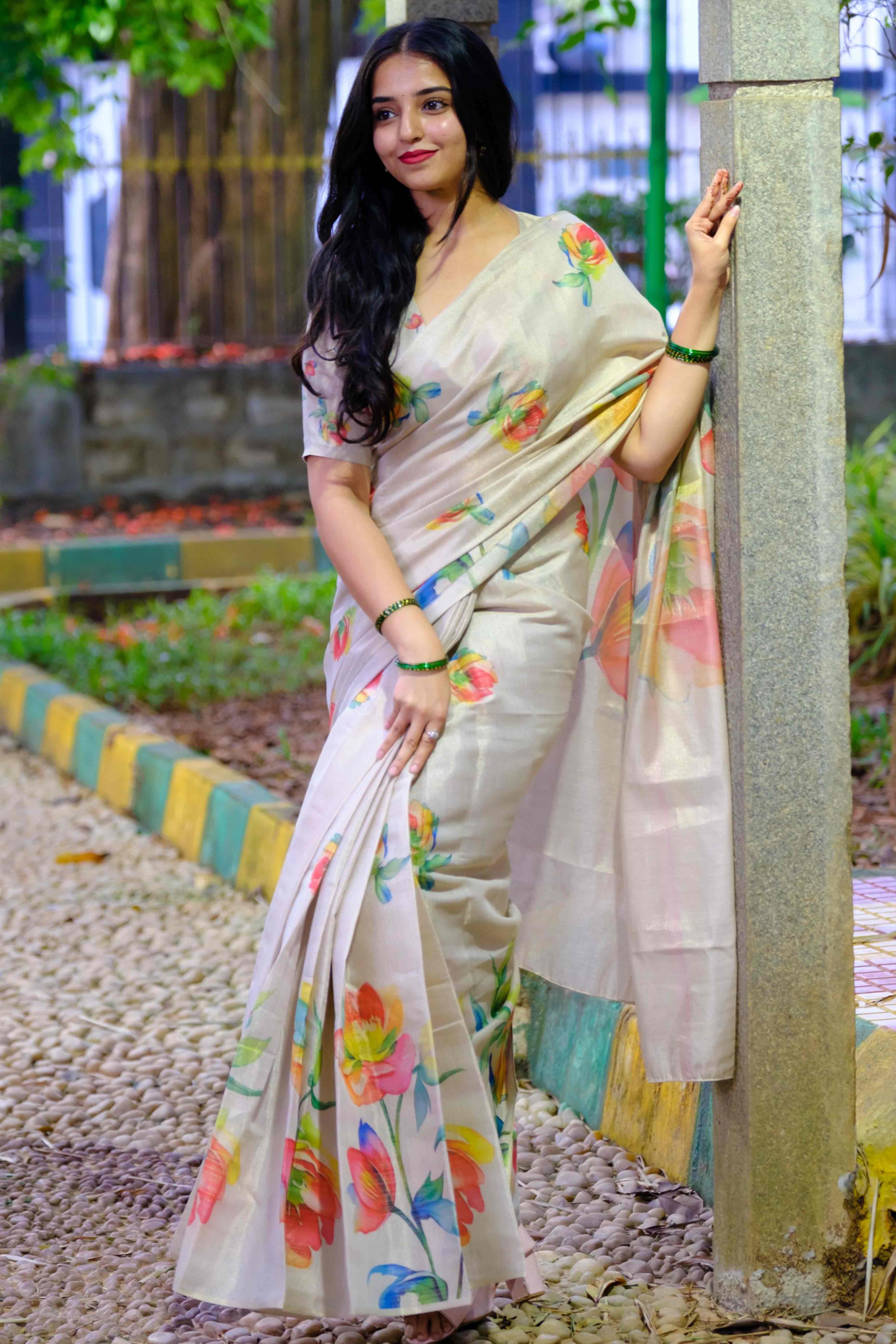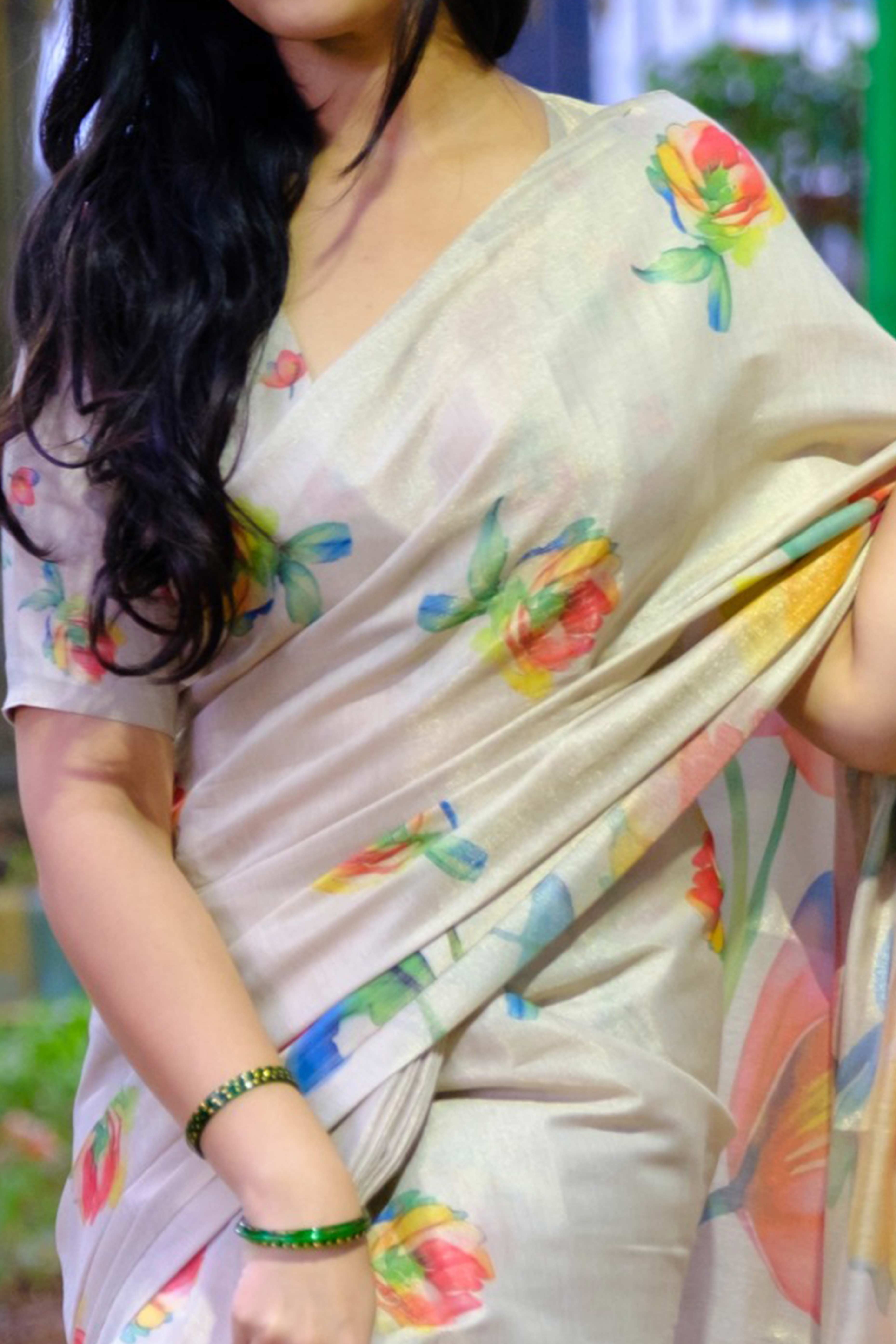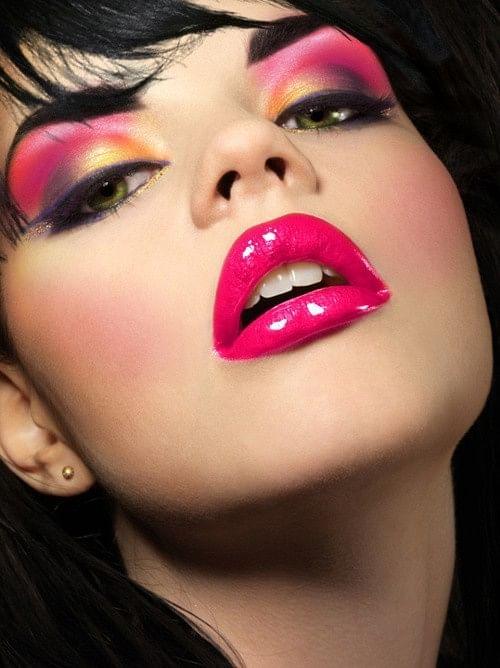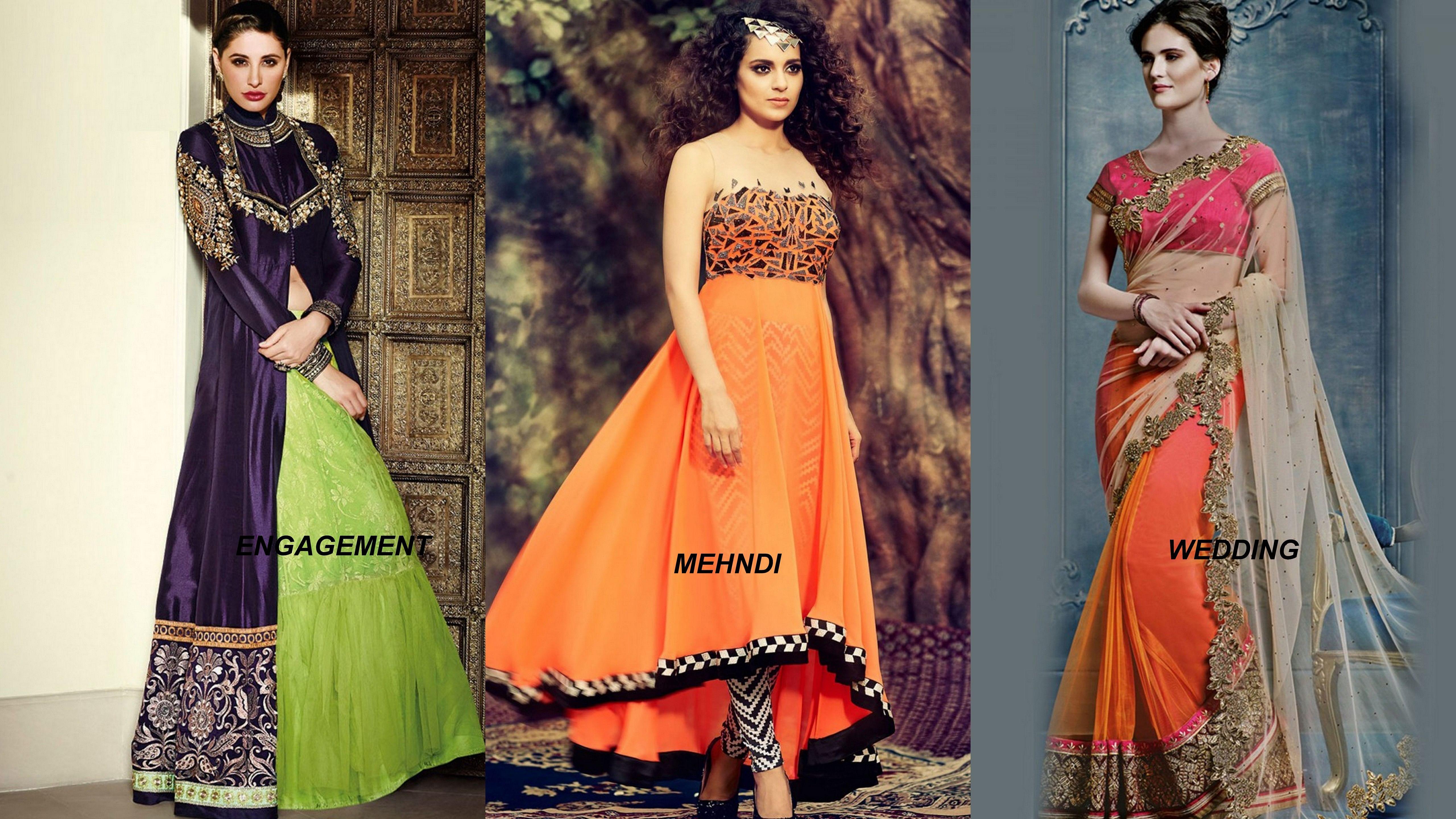Its a special time for 1/5th of the world population. The holy month of Ramadan has begun and Muslims all over the world are celebrating the 30 day long holy period with much fanfare and gusto.
MEANING

Ramazan is the ninth month according to Islamic Lunar calendar. Ramzan (written as Ramadan) is derived from the Arabic root word 'ramida' or 'arramad' that means intense scorching heat and dryness, especially of the ground. Ramadan is so called to indicate the heating sensation in the stomach as a result of thirst.
Others said it is so called because Ramadan scorches out the sins as it burns the ground.
Fasting during Ramzan is one of the five pillars of Islam, along with the Muslim declaration of faith, daily prayer, charity, and performing the hajj pilgrimage in Mecca.
RAMADAN PERIOD
Ramadan begins after the month of Shaban, after the new moon has been sighted. The month of Ramadan lasts for 29 or 30 days depending on the sighting of the moon. It ends on the first day of the month of Shawwal ,known as Eid-ul-fitr.

Ramadan is the month in which the Quran was revealed. The Quran clearly says "O you who believe! Fasting is prescribed to you as it was prescribed to those before you, that you many learn piety and rightousness" - Al Baqarah, 2:183.
REASON FOR FASTING
When one is fasting and feels hunger and thirst, he has to remember other people in the world who do not have food and water. Charity is one of the extremely recommended acts during fasting. Muslims are required to give minimum of 2.5% of their annual savings as charity to poor and needy people.It is believed that any charity done during Ramadan is multiplied upto 70 times. If some people are poor and cannot afford to give money then even a smile is an act of charity.
HOW IS THE FAST OBSERVED

During Ramadan the people who fast are not allowed to eat or drink anything (including water) from dawn to after sunset. Also one has to restrain other body parts, which may render the fast worthless despite the main factor of hunger and thirst; so the tongue, for instance, must avoid backbiting, slander, and lies; the eyes should avoid looking into things considered by the Lawgiver as unlawful; the ears must stop from listening to words that spoil the spirit of fasting; and finally restraining of the heart, and mind from indulging, themselves in other things besides remembrance of Allah.
Muslims are also encouraged to observe the five daily prayers on time and to use their downtime just before breaking their fast at sunset to recite Quran and intensify remembrance of God.
Fasting is to be done by all able bodied men and women and children who have reached puberty. If a person is sick or has some medical reason or if a women is pregnant then they are waived from fasting.
To prepare for the fast, Muslims eat what is commonly called "suhoor," a pre-dawn meal of power foods to get them through the day.

Muslims traditionally break their fast like the Prophet Muhammad did some 1,400 years ago, with a sip of water and some dates at sunset.

After a sunset prayer, a large feast known as "IFTAR" is shared with family and friends. It's an elaborate set of food and beverages that Muslims relish together with their families or even at more public places.
Across the Muslim world, mosques and aid organizations set up tents and tables for the public to eat free Iftar meals every night of Ramzan. In the Arabian Gulf countries, wealthy sheikhs hold "majlises" where they open their doors for people to pass by all hours of the night for food, tea, coffee and conversation.

TRADITIONAL ATTIRE FOR MUSLIMS
Traditionally Muslims are required to dress up conservatively at all times, but during Ramadan, dressing up is more restrained. Hence men and women wear the most basic clothing in sober colors and they are required to stay covered up completely while they are at the Masjid except for the face. Now however, they are fashioning up the Hijab clothing as well in order to show their eagerness to look impeccable and polished as the pray to the almighty.
The end of Ramzan is celebrated by a three day holiday called Eid al—Fitr. Children often receive new clothes, gifts and cash.
Since Eid is a grand celebration, the attire for the festival is dazzling. People wear and gift beautiful clothing to each other and deck up in their best formal wear. Women especially wear fashionable embellished clothing with elaborate work done on them.

TRADITIONAL AND ELEGANT ANARKALI SUIT FOR EID CELEBRATION
You can shop some beautiful EID special attire for yourself and your loved ones now only at PEACHMODE. Shop some graceful Anarkalis, shararas , lehngas and straight suits to look your best on this auspicious festival . SHOP STUNNING FESTIVE SPECIAL CLOTHING FOR EID HERE.
Peachmode wishes all its readers a blessed Ramadan.
Its a special time for 1/5th of the world population. The holy month of Ramadan has begun and Muslims all over the world are celebrating the 30 day long holy period with much fanfare and gusto.
MEANING

Ramazan is the ninth month according to Islamic Lunar calendar. Ramzan (written as Ramadan) is derived from the Arabic root word 'ramida' or 'arramad' that means intense scorching heat and dryness, especially of the ground. Ramadan is so called to indicate the heating sensation in the stomach as a result of thirst.
Others said it is so called because Ramadan scorches out the sins as it burns the ground.
Fasting during Ramzan is one of the five pillars of Islam, along with the Muslim declaration of faith, daily prayer, charity, and performing the hajj pilgrimage in Mecca.
RAMADAN PERIOD
Ramadan begins after the month of Shaban, after the new moon has been sighted. The month of Ramadan lasts for 29 or 30 days depending on the sighting of the moon. It ends on the first day of the month of Shawwal ,known as Eid-ul-fitr.

Ramadan is the month in which the Quran was revealed. The Quran clearly says "O you who believe! Fasting is prescribed to you as it was prescribed to those before you, that you many learn piety and rightousness" - Al Baqarah, 2:183.
REASON FOR FASTING
When one is fasting and feels hunger and thirst, he has to remember other people in the world who do not have food and water. Charity is one of the extremely recommended acts during fasting. Muslims are required to give minimum of 2.5% of their annual savings as charity to poor and needy people.It is believed that any charity done during Ramadan is multiplied upto 70 times. If some people are poor and cannot afford to give money then even a smile is an act of charity.
HOW IS THE FAST OBSERVED

During Ramadan the people who fast are not allowed to eat or drink anything (including water) from dawn to after sunset. Also one has to restrain other body parts, which may render the fast worthless despite the main factor of hunger and thirst; so the tongue, for instance, must avoid backbiting, slander, and lies; the eyes should avoid looking into things considered by the Lawgiver as unlawful; the ears must stop from listening to words that spoil the spirit of fasting; and finally restraining of the heart, and mind from indulging, themselves in other things besides remembrance of Allah.
Muslims are also encouraged to observe the five daily prayers on time and to use their downtime just before breaking their fast at sunset to recite Quran and intensify remembrance of God.
Fasting is to be done by all able bodied men and women and children who have reached puberty. If a person is sick or has some medical reason or if a women is pregnant then they are waived from fasting.
To prepare for the fast, Muslims eat what is commonly called "suhoor," a pre-dawn meal of power foods to get them through the day.

Muslims traditionally break their fast like the Prophet Muhammad did some 1,400 years ago, with a sip of water and some dates at sunset.

After a sunset prayer, a large feast known as "IFTAR" is shared with family and friends. It's an elaborate set of food and beverages that Muslims relish together with their families or even at more public places.
Across the Muslim world, mosques and aid organizations set up tents and tables for the public to eat free Iftar meals every night of Ramzan. In the Arabian Gulf countries, wealthy sheikhs hold "majlises" where they open their doors for people to pass by all hours of the night for food, tea, coffee and conversation.

TRADITIONAL ATTIRE FOR MUSLIMS
Traditionally Muslims are required to dress up conservatively at all times, but during Ramadan, dressing up is more restrained. Hence men and women wear the most basic clothing in sober colors and they are required to stay covered up completely while they are at the Masjid except for the face. Now however, they are fashioning up the Hijab clothing as well in order to show their eagerness to look impeccable and polished as the pray to the almighty.
The end of Ramzan is celebrated by a three day holiday called Eid al—Fitr. Children often receive new clothes, gifts and cash.
Since Eid is a grand celebration, the attire for the festival is dazzling. People wear and gift beautiful clothing to each other and deck up in their best formal wear. Women especially wear fashionable embellished clothing with elaborate work done on them.

TRADITIONAL AND ELEGANT ANARKALI SUIT FOR EID CELEBRATION
You can shop some beautiful EID special attire for yourself and your loved ones now only at PEACHMODE. Shop some graceful Anarkalis, shararas , lehngas and straight suits to look your best on this auspicious festival . SHOP STUNNING FESTIVE SPECIAL CLOTHING FOR EID HERE.
Peachmode wishes all its readers a blessed Ramadan.

